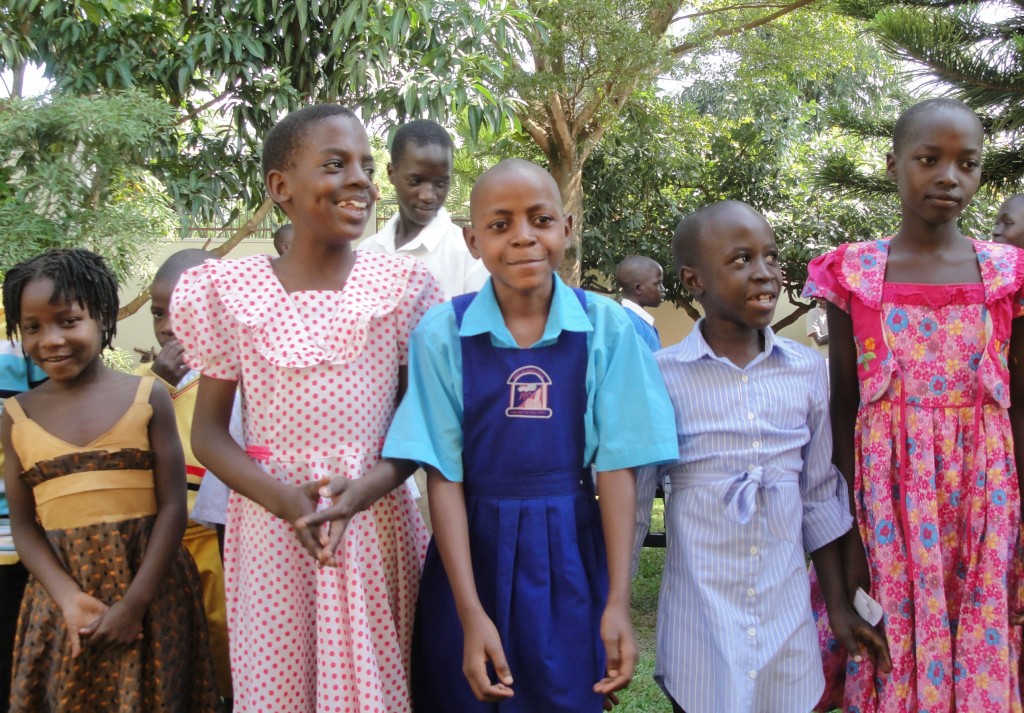Why Should We Recognize World AIDS Day?
 You may or may not know that today is World AIDS Day. And even if you do, you may wonder why we’re still talking about AIDS. There’s a great reason.
You may or may not know that today is World AIDS Day. And even if you do, you may wonder why we’re still talking about AIDS. There’s a great reason.
We have made amazing progress in mitigating the pandemic:
· More than 11.5 million people are receiving life-saving anti-retroviral therapy (ART)
· More than 11.7 million men have undergone voluntary medical circumcision to reduce the risk of HIV transmission
· Nearly 2 million babies have been born HIV free who otherwise would have been infected
· 1.1 million children are receiving life-saving ART—a 97% increase since 2014
· More than 1 million adolescent girls and young women have received critical prevention interventions
· 6.2 million orphans and vulnerable children have received care and support
· 74.3 million people have received HIV testing and counseling
But the job is not done! This progress is both amazing and critical to ending the HIV pandemic. Yet, certain populations are still at very high risk.
Girls ages 15 to 24 are among the highest risk. According to the latest UNAIDS report, young women face a triple threat. They are at high risk of HIV infection, have low rates of HIV testing, and have poor adherence to treatment.
· Every day, more than 1,000 adolescent girls and young women are infected
with HIV
· Girls account for 75% of new HIV infections among adolescents in sub-Saharan Africa
· Girls who experience violence are up to three times more likely to be infected with HIV
But the job is not done! This progress is both amazing and critical to ending the HIV pandemic. Yet, certain populations are still at very high risk.
Many factors make girls and young women particularly vulnerable, including gender-based violence, exclusion from economic opportunities, and a lack of access to secondary school. Ninety-eight million girls around the world are not in school, yet we know that a girl who has a basic education is three times less likely to contract HIV.
Experts agree that keeping girls in school will reduce their risk. Your gift of $50 or any other amount can ensure that she will stay in school and, thus, reduce her risk for HIV/AIDS.
Your gift today will help keep adolescent girls in school and protect them from HIV.
http://childrensaidsfund.org/store/products/